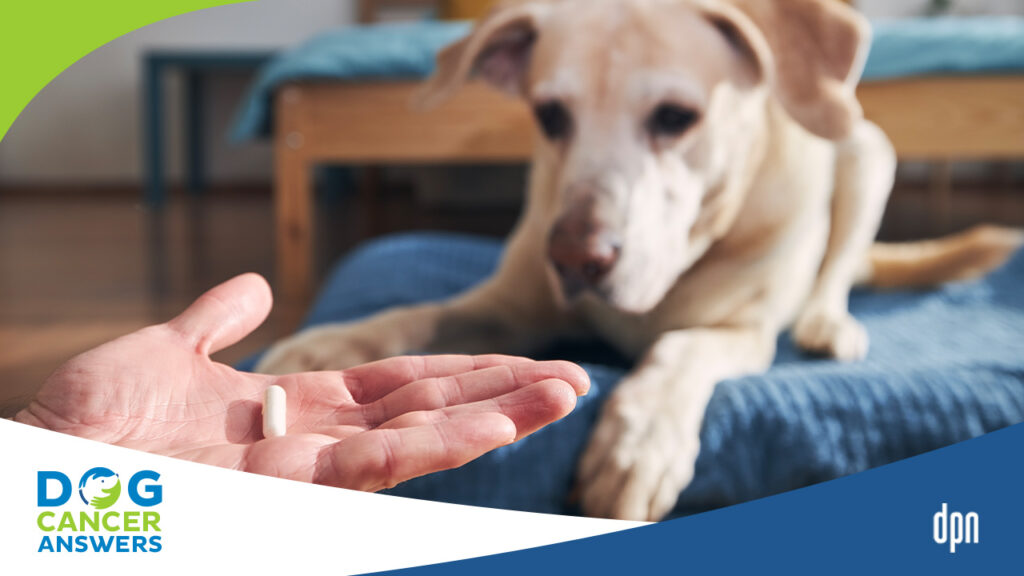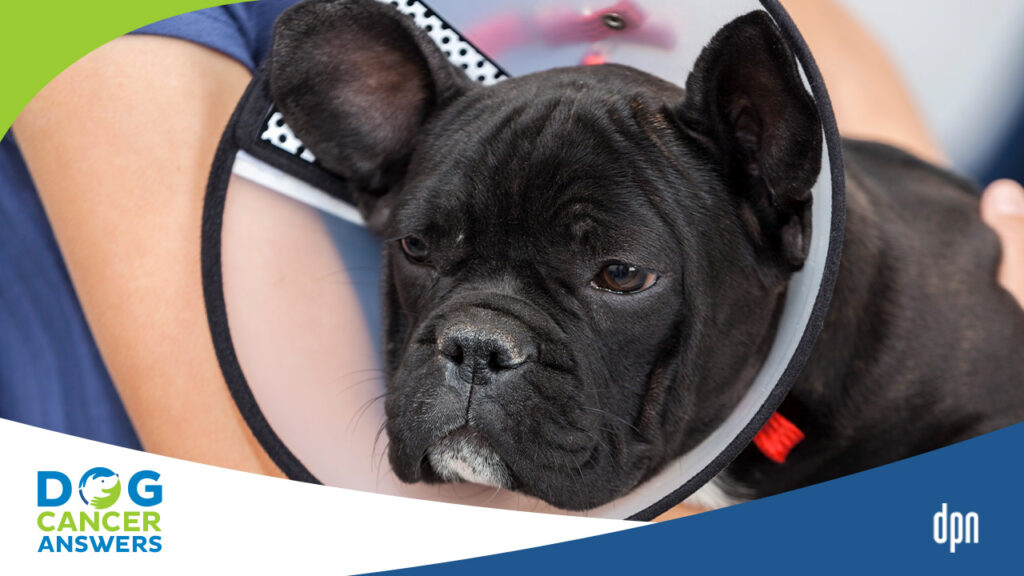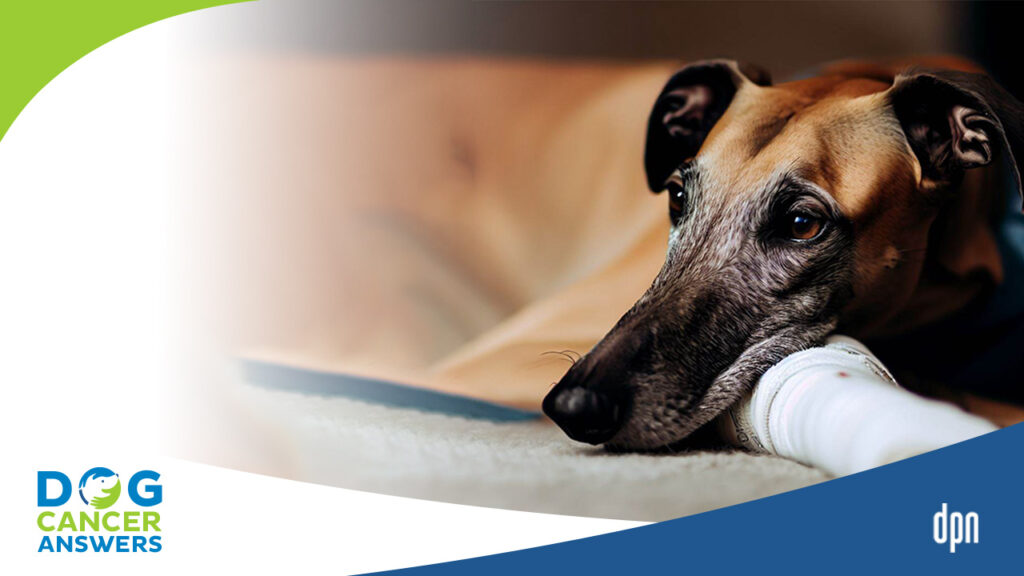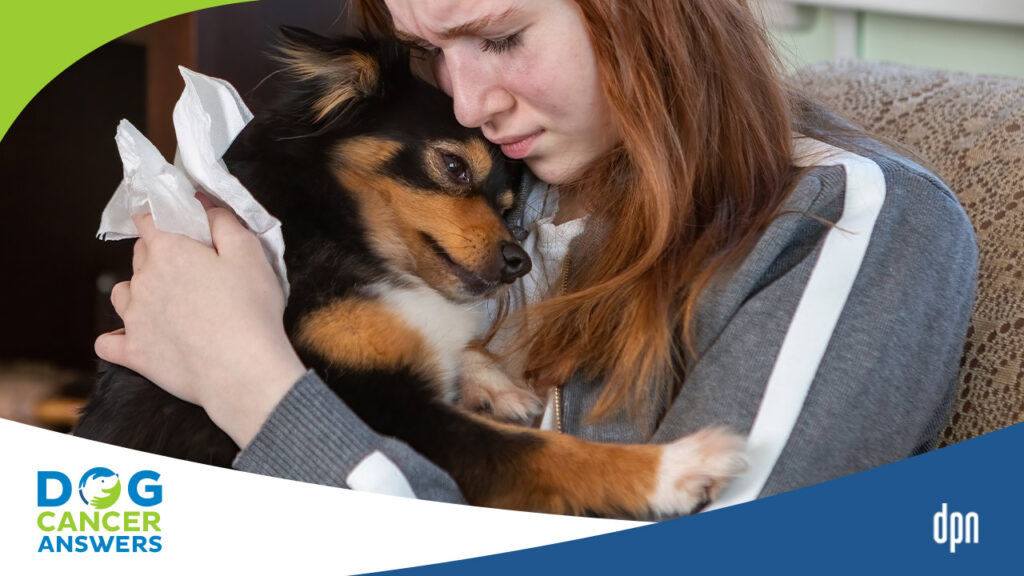Rimadyl for Dogs (Carprofen)
Rimadyl for dogs (carprofen) is a very effective nonsteroidal anti-inflammatory (NSAID) and non-narcotic medication for dogs. It is used to treat inflammation, fever and pain in dogs.
Key Takeaways
- Rimadyl is an excellent non-steroidal anti-inflammatory drug (NSAID) and very good at relieving inflammation-related pain.
- Rimadyl does not commonly make dogs sleepy, although it is a known side effect. Some dogs may also sleep better due to the pain relief they get from the drug.
- After taking the pill, the effects take place within a few hours, but in the case of chronic pain such as arthritis, you might not notice a difference until a few days of use.
- The most common side effects are related to the gastrointestinal system and include vomiting, diarrhea, and decreased appetite.
- In some cases, this drug can pose risk to the kidneys and liver. Because of this, your veterinarian will monitor these organs using blood work.
- Rimadyl can be given in the morning or at night, but it should be given with food.
- Most vets will instruct you to give this medication twice a day, 12 hours apart, but in some cases, it may only need to be given once a day.
Rimadyl for Dogs Is an NSAID
Carprofen is an NSAID (non-steroidal anti-inflammatory drug). It can be injected by a veterinarian or dispensed as tablets to give by mouth for at-home use. It can be given by mouth as a liquid in compounded forms of the medication. Rimadyl® is the most commonly used brand name form of carprofen.
Brand Names for Carprofen
Carprofen is the generic name for this pain reliever. It is also found under many brand names, including:
- Rimadyl®
- Carprovet®
- Novox®
- Vetprofen®
- Canidryl®
- Aventicarp®
- Rycarfa®
- Rimifin®
- Carprox®
- Tergive®
- Carprodyl®
- Carprieve®
- Norocarp®
- Quellin®
Common Uses for Rimadyl (carprofen) in Dogs
Carprofen can relieve pain associated with osteoarthritis (a common problem of older dogs) and can be used for pain control after surgery. Rimadyl or carprofen usually isn’t used to treat cancer directly.
Remember that just because drugs are in the same class, NSAIDs are not all the same and can’t be used interchangeably. Human NSAIDs like Advil should NEVER be used in pets, even when the situations in which they are used mirror those in which veterinarians prescribe carprofen. Dogs and humans process medications differently, and medications that are safe for us can be extremely dangerous for our dogs.
How Rimadyl for Dogs Works
NSAIDs work by inhibiting the production of cyclooxygenase enzymes one and two (COX-1 & COX-2). These enzymes are involved in a process that forms prostaglandins (PG). Prostaglandins are chemicals involved with pain, inflammation, and fever.
- The COX-1 enzyme also promotes healthy processes in the body, such as protecting the gastrointestinal tract, aiding in clotting mechanisms, and kidney function.
- COX-2 is more pro-inflammatory.
Carprofen selectively inhibits or blocks COX-2, not COX-1, so it should have fewer side effects than if both enzymes were blocked.1
How Long It Takes for Rimadyl to Work
Carprofen typically works within about an hour or two of taking the medication by mouth. This is very useful for post-operative pain and inflammation or other bone, muscle, or other soft tissue injuries.
When used for managing chronic pain like arthritis, many guardians see the quality-of-life impact after a few days to a week.
Does Rimadyl Make Dogs Drowsy?
NSAIDs do not usually cause as much sedation as other medications, such as narcotic pain medications, but they can be mildly sedative. Carprofen does not usually cause drowsiness; lethargy is a side effect in fewer than 2% of dogs.1
However, some dogs may sleep better due to the pain relief provided by Rimadyl, and that can lead some to think it is sedating their dog.
If you ever feel your dog is too lethargic, check with your veterinarian to see what the cause might be.
When to Not Use Rimadyl for Dogs
Carprofen should be used carefully in dogs who:
- Are dehydrated
- Have liver disease
- Have kidney disease
- Have a clotting or bleeding disorder
These dogs should have regular bloodwork done to make sure they are tolerating the medication. Any changes in health or behavior should be reported to your vet immediately.
Carprofen should never be given to dogs currently on other NSAIDs or steroids, for example, prednisone. Combining multiple NSAIDs or giving an NSAID at the same time as a steroid increases the risk of side effects.
How to Give Rimadyl
If your dog is in the veterinary hospital, your veterinarian may inject carprofen under the skin.
It can also be administered at home in pill form. The dose can be modified to be prescribed once daily (usually at 4.4 mg/kg) or twice daily (usually dosed at 2.2 mg/kg).3
Patients who experience side effects such as gastrointestinal upset (see below) should discontinue the medication.
Giving Rimadyl once a day can be given in the morning or evening, but pick one and stick to a consistent schedule. Some guardians will make this choice based on how active the dog is during the day or if they feel the pain relief will help them sleep.
What If I Miss a Dose?
If you miss a dose, you can give it when you remember but do not double up on doses to “make up for” the missed dose. Do not give more than is prescribed in a 24-hour period.
Storage and Handling
Carprofen should be kept in an airtight, child and dog-proof container as dispensed by your veterinarian or pharmacist.
Safety and Side Effects
There are risks associated with any NSAID, but carprofen is generally considered a safe medication.
Common side effects that may occur if you give your dog Rimadyl include:5
- Changes in liver and/or kidney values
- Poor appetite
- Vomiting
- Diarrhea
If you see any signs of appetite change, vomiting, or diarrhea, you should discontinue this medication and seek veterinary care for your dog.
More serious side effects can include gastrointestinal ulceration and rupture, liver failure, or kidney failure.2 These more serious side effects are far less common but are possible and have been reported. For this reason, your veterinarian will want to get baseline liver and kidney values (using blood tests) before starting any NSAID.
Monitor Kidney and Liver Values
Your veterinarian will probably do baseline bloodwork before starting Rimadyl to make sure that your dog’s liver and kidneys are in good shape.
Your vet will also likely check liver and kidney values again approximately two weeks later to ensure that your dog is tolerating the medication well (this timing can vary depending on your vet’s preferences and other monitoring needs).
If your dog uses the medication long-term, blood work should be performed every six months. This allows the doctor to make sure that your dog’s organs are still tolerating the medication over time.
These regular bloodwork checks can feel onerous, but they are helpful. Most dogs don’t show any signs of liver or kidney disease until those organs are in really bad shape. Bloodwork can catch those problems early before your dog has symptoms. This will minimize the risk of severe complications or death.
Severe Side Effects Are Mostly Due to Accidental Overdose
Most cases of severe side effects from Rimadyl or any NSAID are because of NSAID overdose or giving an additional NSAID or steroid at the same time accidentally.
Carprofen can be extremely dangerous when more than the recommended dose is given. In rare cases, carprofen can be truly toxic to the liver or kidneys and cause large-scale liver or kidney damage, leading to death. In these cases, the patient most commonly shows anorexia (they won’t eat), vomiting, and icterus (yellowing of the skin and whites of eyes).
This reaction to the drug is uncommon. According to those who studied this topic, “most dogs had resolution of clinical signs and improvement or resolution of biochemical abnormalities with discontinuation of the drug and administration of supportive care.”4 In other words, most dogs in the study were able to recover once the drug was stopped and they had supportive care.
This rare possibility is why your veterinarian will want to use blood work to check liver values before the use of the medication. That way, they can ensure that changes in liver values are not already present before carprofen is started.
- Plumb’s Veterinary Formulary App. Carprofen.
- Innes JF, Clayton J, Lascelles BDX. Review of the safety and efficacy of long-term NSAID use in the treatment of canine osteoarthritis. Vet Rec. 2010;166:226-230.
- RIMADYL – Carprofen Tablet, US Product Label. Zoetis; 2019.
- MacPhail CM, Lappin MR, Meyer DJ, Smith SG, Webster CR, Armstrrong PJ. Hepatocellular toxicosis associated with administration of Carprofen in 21 dogs. Journal of the American Veterinary Medical Association. https://pubmed.ncbi.nlm.nih.gov/9638189/. Published June 15, 1998. Accessed March 27, 2023.
- Table: Rimadyl® dosing chart – zoetisus.com | zoetis us. https://www.zoetisus.com/content/_assets/docs/Petcare/dosage-chart-rimadyl-link-out.pdf. Accessed April 4, 2023.
Rimadyl® is a registered trademark of Zoetis Services, LLC
Carprovet® is a registered trademark of Dechra Veterinary Products LLC
Novox® is a registered trademark of Vedco, Inc.
Vetprofen® is a registered trademark of Belcher Pharmaceuticals, Inc.
Canidryl® is a registered trademark of Chanelle Pharma
Rycarfa® is a registered trademark of Krka UK Ltd
Rimifin® is a registered trademark of Vetoquinol
Carprox® is a registered trademark of Virbac Limited
Tergive® is a registered trademark of Parnell Pharmaceuticals Holdings Ltd.
Carprodyl® is a registered trademark of Ceva Animal Health Ltd
Carprieve® is a registered trademark of Norbrook Laboratories Ltd
Norocarp® is a registered trademark of Norbrook Laboratories Ltd
Quellin® is a registered trademark of Elanco Animal Health
Topics
Did You Find This Helpful? Share It with Your Pack!
Use the buttons to share what you learned on social media, download a PDF, print this out, or email it to your veterinarian.









